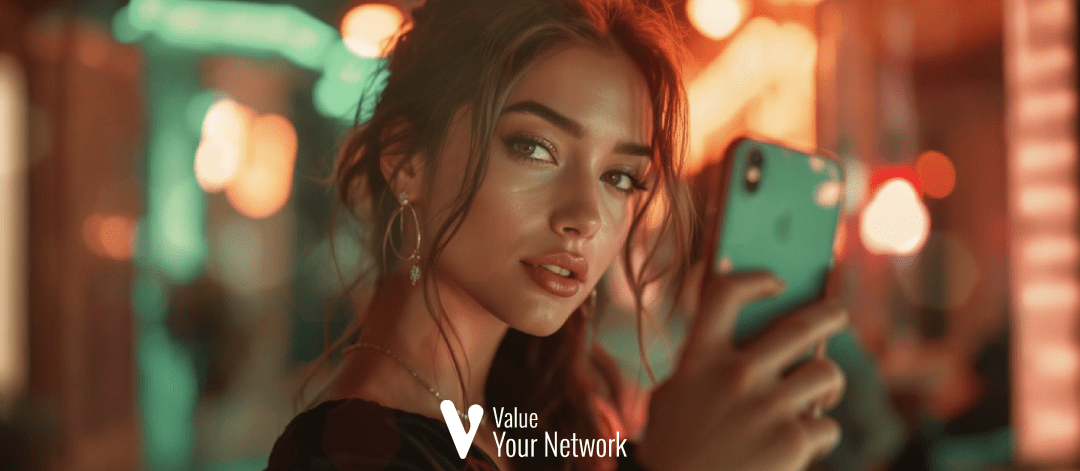Instagram is revolutionizing AI with a new feature: discover how your selfies can be transformed into captivating and personalized works in your news feed.
Instagram, the social network known for its captivating images and constant innovation, appears poised to take the next step in its use of artificial intelligence. A recent experiment on the platform revealed a feature that could radically transform the way users interact with their own content. Imagine if your AI-generated selfie became a centerpiece in the news feed—an innovation that arouses both wonder and concern.
The surprising test of a new feature
It all started with an Instagram user, who shared his experience on Reddit. Using the artificial intelligence tool called Imagine, integrated into Instagram, he was simply hoping to edit a few freshly taken selfies. This tool, designed to generate images via AI, promises to give a new dimension to personal photos. But a few moments after manipulating his selfies, this user discovered, to his surprise, that his own face appeared in several posts in his news feed.
These images, generated automatically, featured him in astonishing scenarios, such as an infinite mirror maze. The caption accompanying these creations was equally intriguing: “Imagine yourself thinking about life in an endless mirror maze where you are the center of attention.” Such an experience illustrates how Instagram is able to leverage artificial intelligence to push the boundaries of visual creation.
An innovation or an intrusion?
This experiment obviously raises questions about the real intentions of Meta, Instagram's parent company. Officially, Meta claims that this feature is only in the testing phase and that it is not intended to integrate these images into targeted ads. However, this statement leaves room for doubt. Why would Meta use its users' images in AI-generated scenarios without their explicit consent?
In a world where the protection of personal data has become a priority, this kind of initiative does not go unnoticed. Although Meta assures that this feature does not concern targeted advertising, the use of users' images in unsolicited contexts could open the way to commercial applications in the future. What if your selfies became an advertising showcase for a brand tomorrow, without you knowing it? A question that raises as much ethics as privacy.
Artificial intelligence at the service of personalization
Using artificial intelligence to generate unique content is not new. For a few years now, tools like DALL-E or MidJourney have been able to transform simple descriptions into digital works of art. Instagram seems to want to take inspiration from this trend to offer ever more immersive experiences to its users.
The idea of using users' images to create personalized content is part of a broader strategy: to increase engagement among members of the platform by making each interaction unique. By putting users at the center of creations, Instagram could encourage more emotional connections with the content displayed. But at what cost? The risk is that this personalization comes at the expense of privacy.
What are the limits for the use of images?
The case of this Instagram user, whose face was used to generate surprising images, raises major questions about the limits of personal data use. Although Meta claims this feature is still in the experimental phase, it highlights a growing trend among tech giants: leveraging advanced technologies without necessarily guaranteeing total control to their users.
The central question is therefore that of consent. If a user modifies an image with a tool like Imagine, does this mean that he implicitly accepts that his face is used in other contexts? Do Instagram's terms of use really cover this type of experimentation? These gray areas must be clarified to avoid potential abuses.
What you need to remember
The appearance of a feature like Imagine on Instagram illustrates both the incredible potential of artificial intelligence and the challenges it poses in terms of ethics and privacy. While this experiment currently seems limited to tests, it opens a crucial debate: how far can platforms go in using their users' data?
For users, the message is clear: remain vigilant in the face of social media innovations. And for companies like Meta, the challenge is to find a balance between innovation and respect for fundamental rights. One thing is certain: with tools like this, the future of social media promises to be as fascinating as it is controversial.

